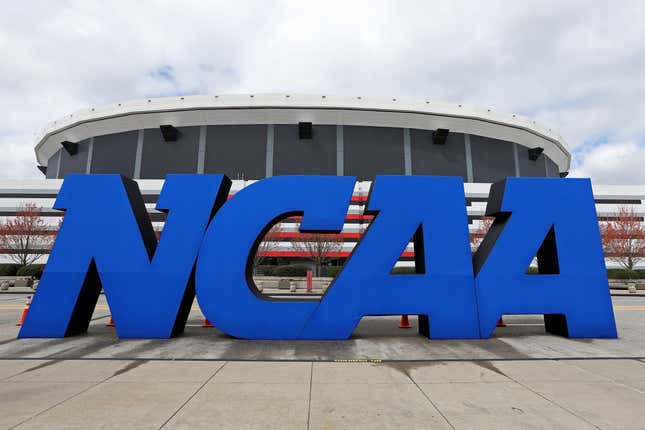NCAA Board Plans To Establish a Sexual Violence Policy for College Athletes
Latest

After a USA Today Network investigation into the “predator pipeline” last December, the NCAA has announced that it plans to expand its sexual violence policies.
In the “predator pipeline” investigation, reporter Kenny Jacoby found nearly 30 examples just since 2014 of current and former athletes who transferred from one NCAA school to another, despite being administratively disciplined for a sexual offense at their first school. And that number is likely just the tip of the iceberg, as USA Today was only able to access the campus disciplinary records of less than 20% of the NCAA schools they requested them from.
In the wake of this article, the NCAA Board of Governors decided to review its stance on athletes accused or convicted of sexual assault. Although there has been no hints to what this new rule might look like, chairman of the board Michael Drake said that the board will schedule a special session in the next few weeks to finalize the policy.
“This has been an active area of discussion for us over these, honestly, last several months and years,” Drake said after the meeting. “It’s time, we think, to revisit the policy, which we’re going to do.”
However, one of the original issues was that the NCAA had no universal policy regarding sexual assault.
In fact, the organization has no personal conduct policy at all—unlike its professional counterparts. Despite its strict policies on athletes smoking marijuana or accepting free meals, the NCAA has failed to act on this issue, even after called out by countless organizations, its own study commission, and eight U.S. Senators. I mean, why bother being specific about something as serious as assault when instead you can focus on exploiting the thousands of poor athletes who make the organization millions of dollars while making little, if any, money themselves?
Although many hope that this investigation will prompt the college athletics organization to take real steps to fix this issue, others are doubtful. According to Kathy Redmond, head of the National Coalition Against Violent Athletes, this wouldn’t be the first time NCAA leaders made empty promises.
“They have failed to act over a span of decades of complaints by sexual-assault and interpersonal-violence victims, many of whom are female NCAA athletes,” Redmond. “They have chosen profits over people, words over actions, perpetrators over victims.”
Brenda Tracy, who reported her own assault by NCAA athletes in 1998, hopes that the new NCAA rule will reflect a zero-tolerance approach to sexual violence—similar to the sexual misconduct policy she co-authored, the Tracy Rule.
“I’m cautiously optimistic,” she said. “It’s fairly easy to adopt a policy that looks good in theory and creates some positive media buzz, but doesn’t actually address the real issues going on in college athletics.”
Although a handful of NCAA schools have adopted their own policies disqualifying athletes disciplined for sexual and violent offenses, that number is far too small to make a significant change when it comes to this alarming and dangerous trend—unless the NCAA Board decides to take a stand.